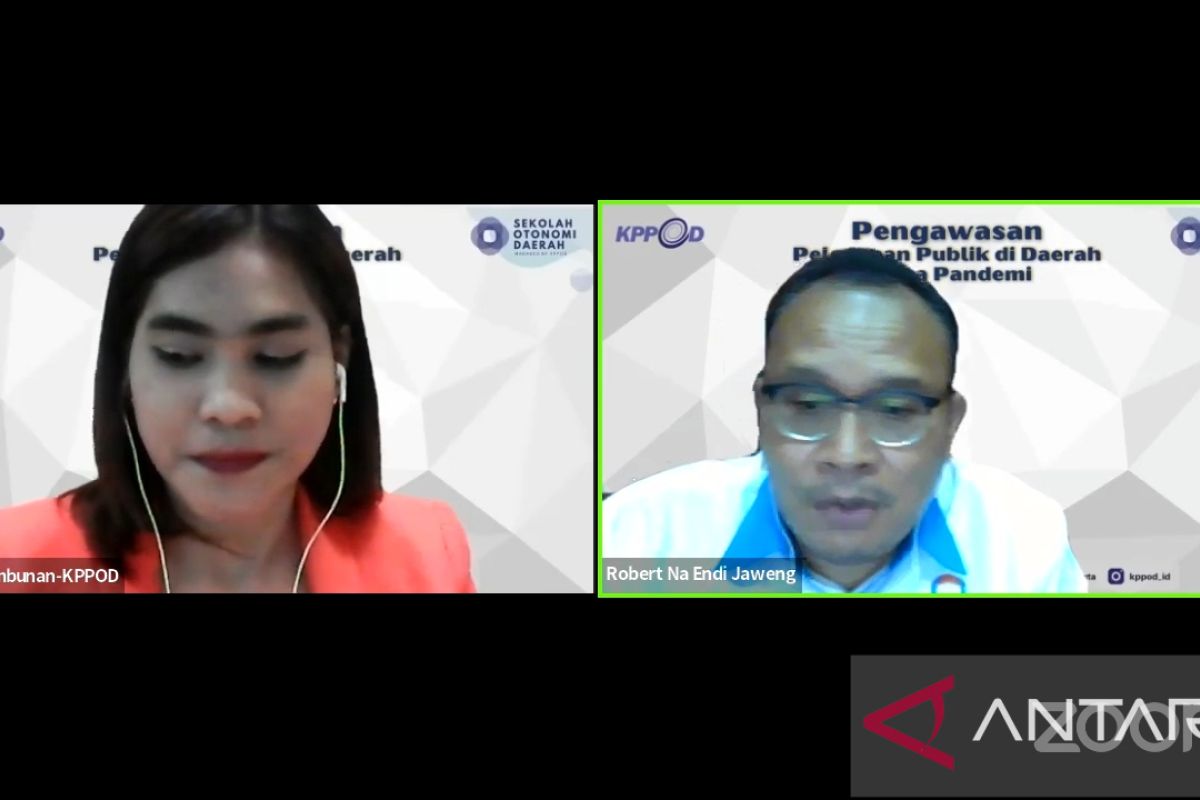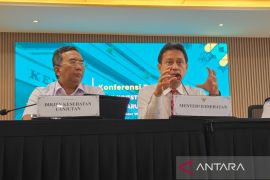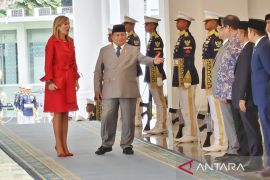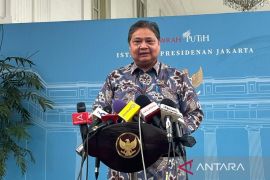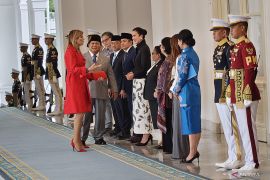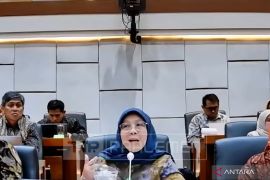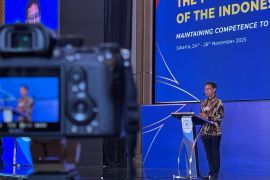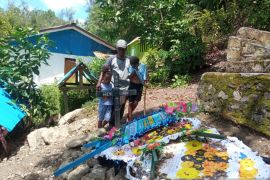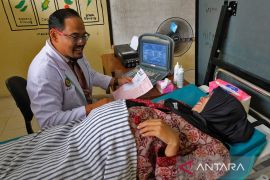Meanwhile, for the third dose or new booster, only 20 percent of the population has been administered (the shot)Jakarta (ANTARA) - COVID-19 has not broken down anything, but revealed the vulnerabilities within the country's systems that need to be fixed, Indonesian Ombudsman member Rober Na Endi Jaweng has said.
The virus that attacked the respiratory tract had tested the government's resiliency and vulnerability in facing the pandemic, he noted during a virtual discussion entitled “Post-Pandemic Public Service Monitoring in Regions” on Monday.
There are several sectors that have been tested by the virus, including health, social system (social capital), economy, and the government's effectiveness, the Ombudsman noted.
Particularly in health, the crucial aspect that needs to be understood is the one related to new variants that must be watched out for.
Related news: GISAID+ to improve the country's response to pandemic: Ministry
In the near future, the Ombudsman will conduct surprise inspections at a number of health facilities, including the Wisma Atlet Kemayoran COVID-19 Emergency Hospital.
The goal is to check the government's readiness for facing the likelihood of a new coronavirus variant wave.
The Ombudsman has urged the government, including the related stakeholders, to continue to expand vaccinations in the country because the number of people who have received the first dose has not yet reached 100 percent.
In addition, 20 percent of the population has still not obtained the second dose.
"Meanwhile, for the third dose or new booster, only 20 percent of the population has been administered (the shot),” Jaweng informed.
Related news: G20 cooperates on Financial Intermediary Fund to face future pandemics
The Health Ministry, along with other institutions that are assisting in expediting vaccinations, such as the police, military, and State Intelligence Agency (BIN), should pay more attention to this matter, he opined.
This is because vaccination is fundamental to maintaining community resiliency to prevent COVID-19 infection, including from the new variants that are believed to have continued to develop.
The Ombudsman reminded governments at the central and regional levels to take note of the issue so that the new variants do not trigger a new wave of infections.
Related news: Strengthening global health architecture through G20 forum
Related news: Incorrect perception that pandemic is over: WHO Director-General
Translator: M Zulfikar, Fadhli Ruhman
Editor: Fardah Assegaf
Copyright © ANTARA 2022
